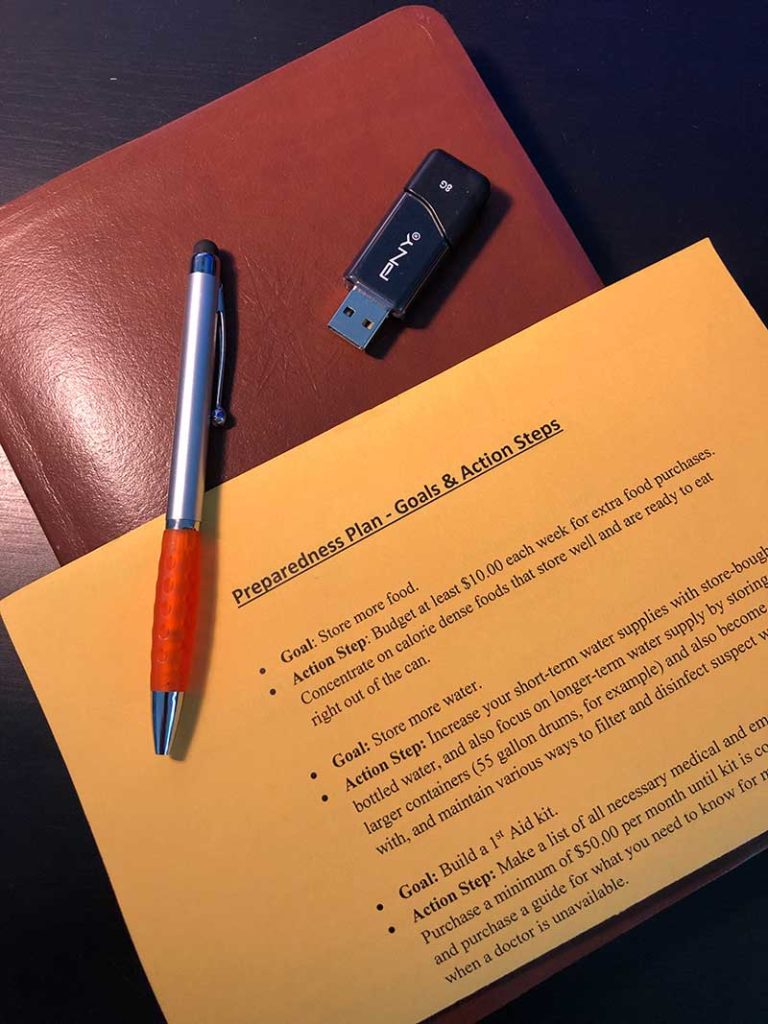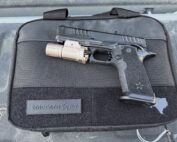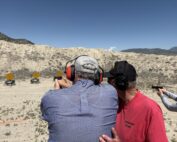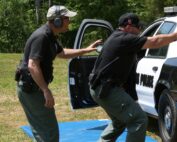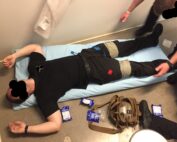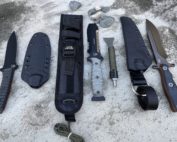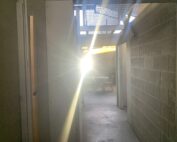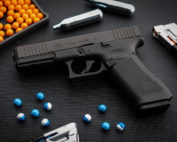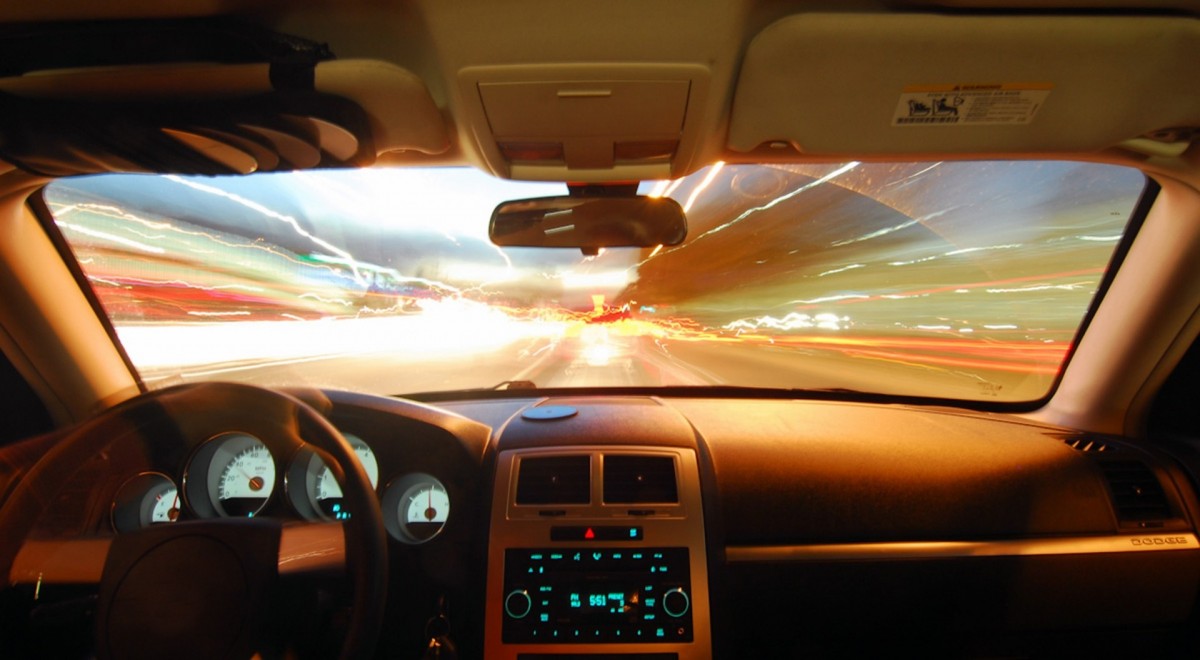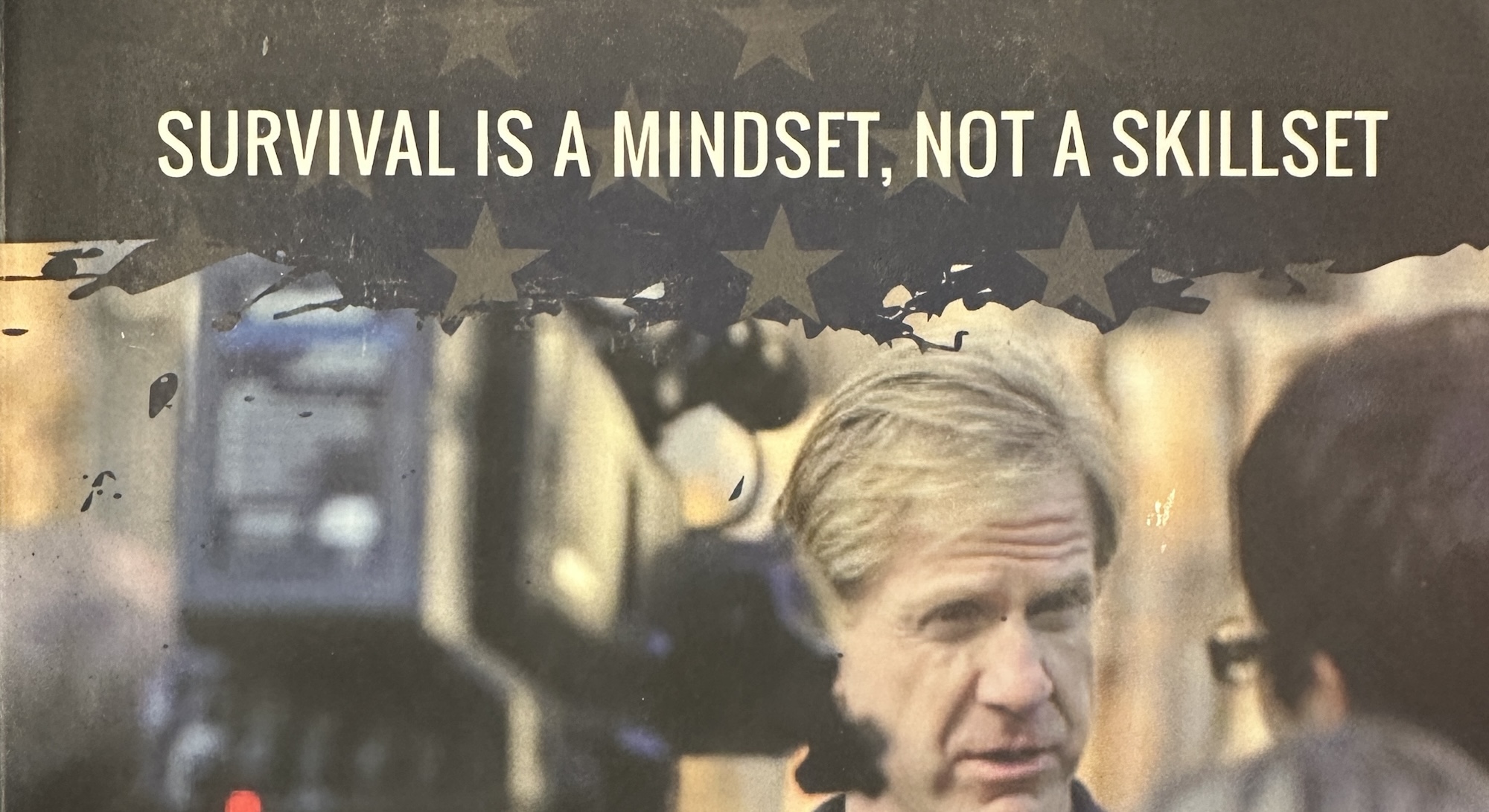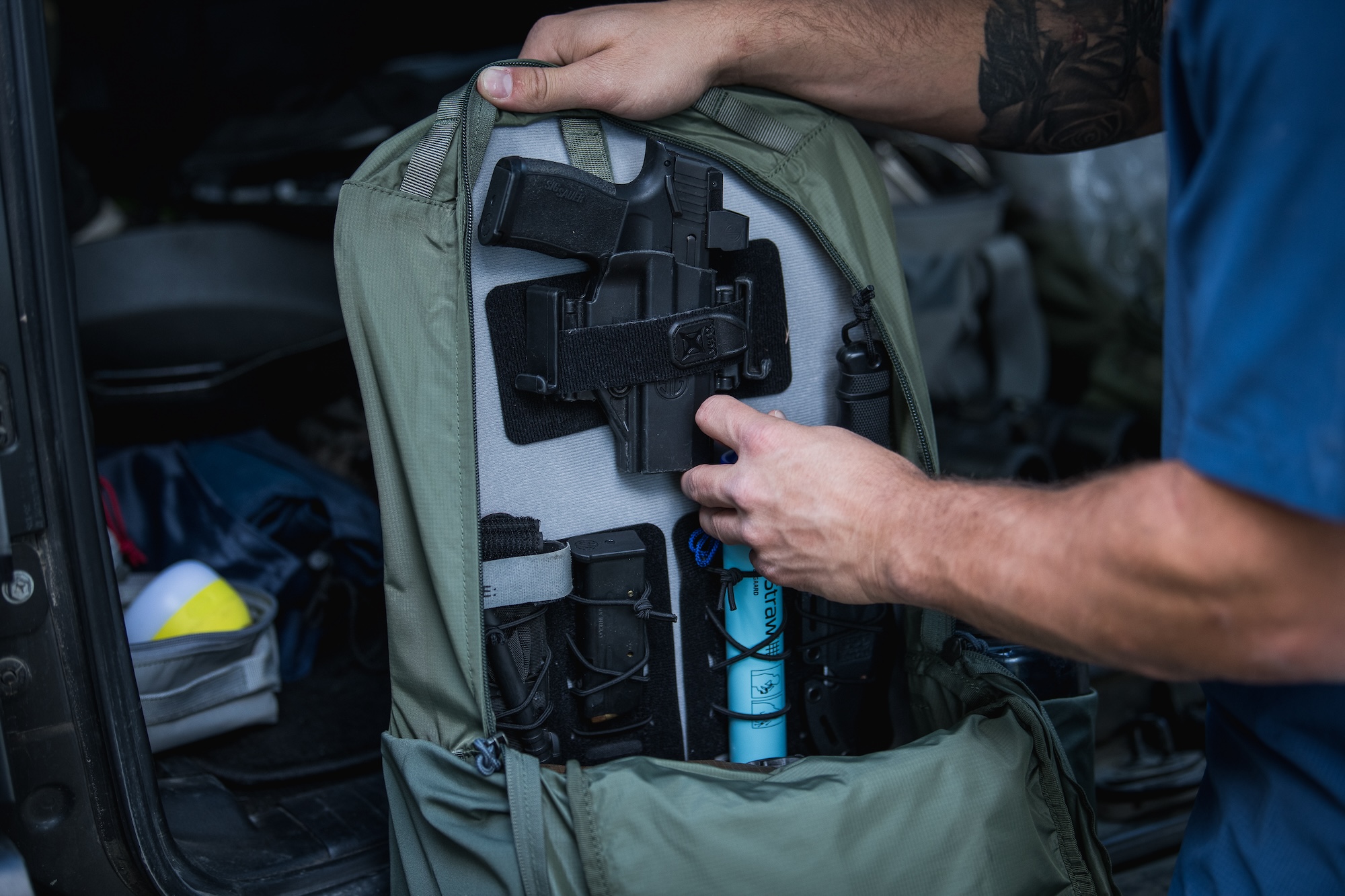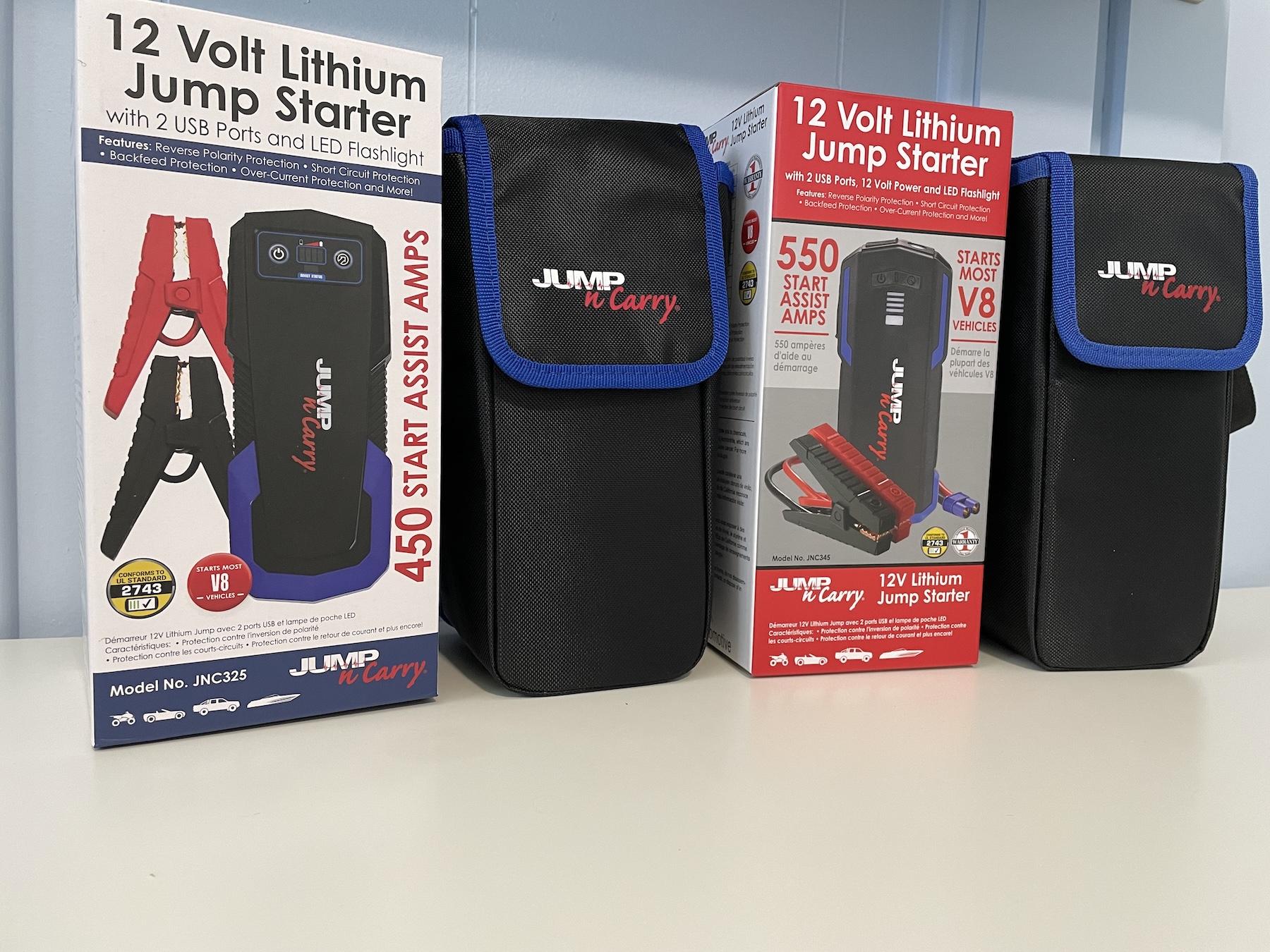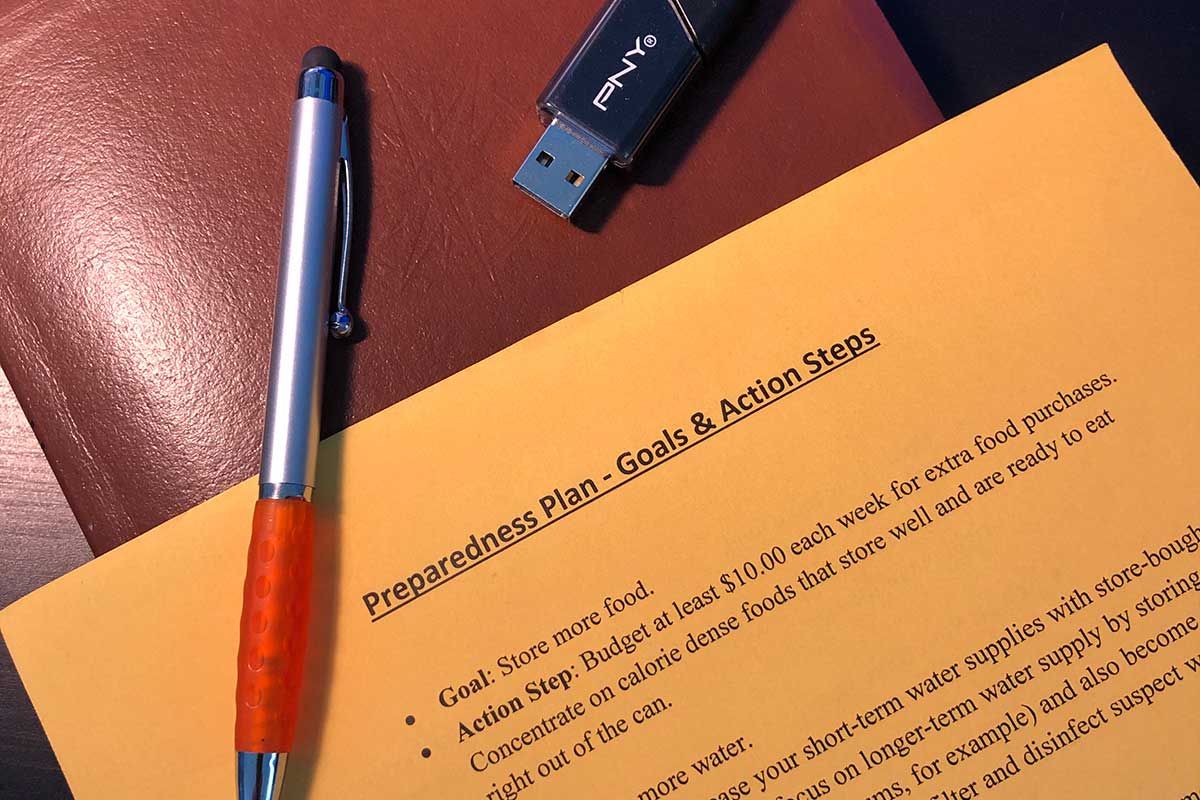
AC-EOY-5-800
As 2022 begins, it’s a great time for us to consider just how much the world has changed, and how those changes affect us. More importantly, it’s also an excellent time to consider how to be better prepared for what may come next. Even if you consider yourself to be “prepared” there is always room for improvement, sometimes substantial improvement.
In this article, we’ve compiled a list of five things that we can all do to begin the year. The Five will require some time and effort, but will cost you nothing, and will help get 2022 off to a good start. This list could be much longer, but we decided to focus our attention on some of the broader preparedness topics. Still, we encourage you to stay focused on all your long-term goals, and to always keep the momentum going in a positive direction.
THE FIVE
1: Rotate Your Food Supplies: Those food supplies that you stored “just a few years ago” may be nearing the “Expiration” or “Best By” dates. If you are following the “Eat what you store, and store what you eat” philosophy you are already rotating your supplies on an on-going basis. But, every so often, we buy food stores that don’t get used all that often. Year-end is a very good time to go through all your food stores checking for dates and rotating any items that may be at risk of spoilage.
Once the older items are identified and separated, either use these items as soon as possible, if it’s safe to do so, donate them to a local food bank, or give them away and make room for new inventory. If you review your food stores, rotate, clean-out and organize everything before the end of the year, it will give you an accurate picture of what you have, and what you may need.
2: Make Copies of All Important Legal & Financial Documents: This is pretty much self-explanatory, but very few people actually take the time to do this. If you have documents, and files that are important, these files need to be protected from loss, damage, theft, etc. Copy all important legal and financial documents and store those copies in a secure location outside your home, (e.g., safe deposit box, with a trusted friend or relative, etc.).
You should also scan these documents and put the files on a password protected thumb drive just in case you need to leave your location quickly. It’s a good idea to always protect the originals from damage, theft or loss. Consider securing your original documents in heavy duty plastic bags. (Heat-sealed Mylar bags work well.) This keeps your documents organized, and protects them from water damage and exposure to humidity. Lastly, don’t forget to prepare an inventory of those essential documents.
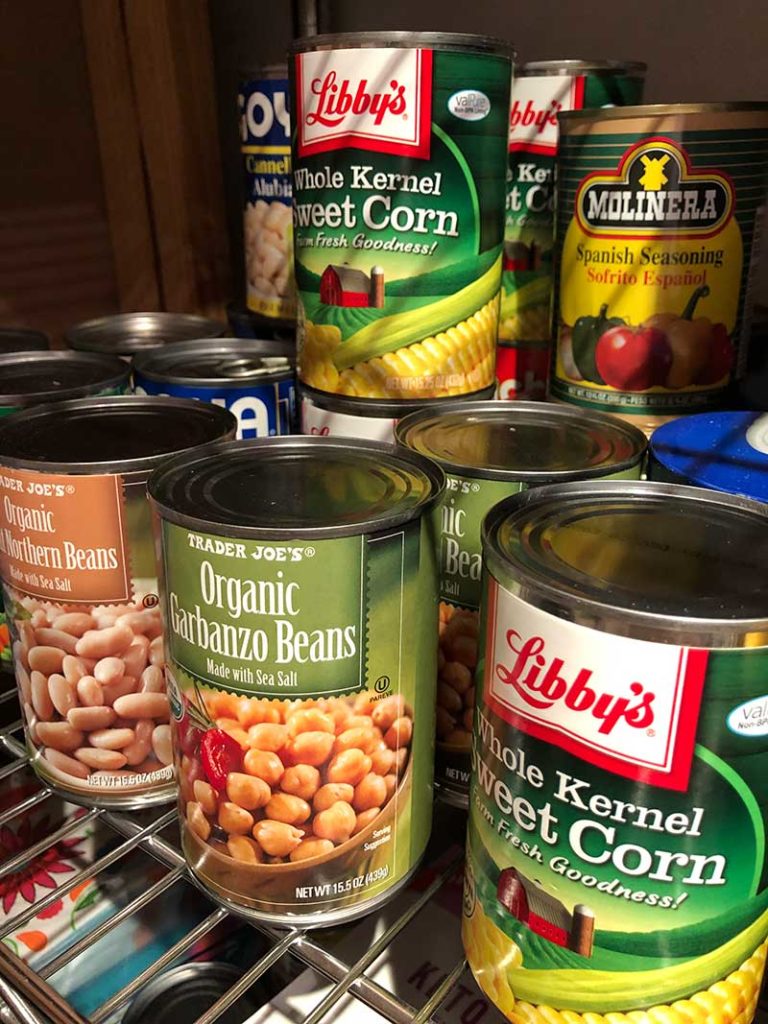
Review and rotate all food stores on an ongoing basis. If you find stores that are expired or damage, replace them as soon as possible.
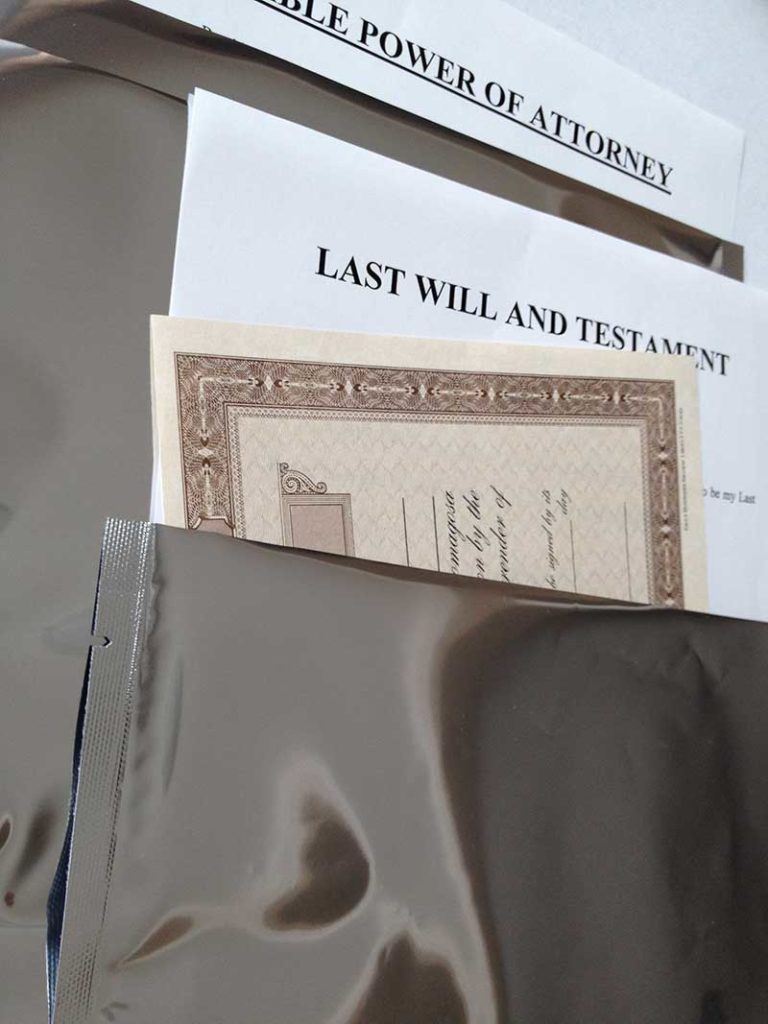
Sealing important documents in water resistant plastic or Mylar type bags helps protect your files and records.
3: Store Emergency Cash: It’s important to always maintain some cash (in small bills) for an emergency. This is especially relevant at a time when the vast majority of people pay with either plastic, or some electronic payment service linked to their smart device. In the event of a power/internet outage, or if ATMs are down, your plastic may be useless.
Without power and connectivity, most merchants will not be able to process your ATM, debit or credit card transactions. Under these circumstances, having cash will be the only way to pay for vital goods and services. While you should already have most, if not all, of your emergency supplies, during a crisis you may encounter some unanticipated needs, and for that you’ll need cash. Even if payment terminals are down, some gas stations, for example, might still be able to pump gas using a generator. They won’t be able to process your plastic, but cash will be just fine.
Small bills are best, since many establishments may not be able to make change. Remember, don’t get into the habit of using this emergency cash for everyday needs. If you do, it won’t be there when you really need it. Also, store your cash in a secure location, and keep the details to yourself.
4: Increase Your Knowledge Base: Knowledge and skills will always be better than “stuff.” Take steps to start building up your knowledge bank, and your survival reference library. Focus on learning skills that can help you get through the next disaster. It has never been easier to access resources, both electronically and with physical books and magazines. In many instances, you can amass a treasure trove of information from free on-line sources (like AmericanCop.com.)
In addition to learning new skills, and building on existing knowledge, you will also expand your reference library. Depending on the size of the books, and how much memory your device contains, you can potentially store thousands of publications on a tablet or similar device. This allows you to take your library wherever you go. On the other hand, physical books don’t require electricity, memory, and are not susceptible to viruses or hardware/software failures. For redundancy have both.
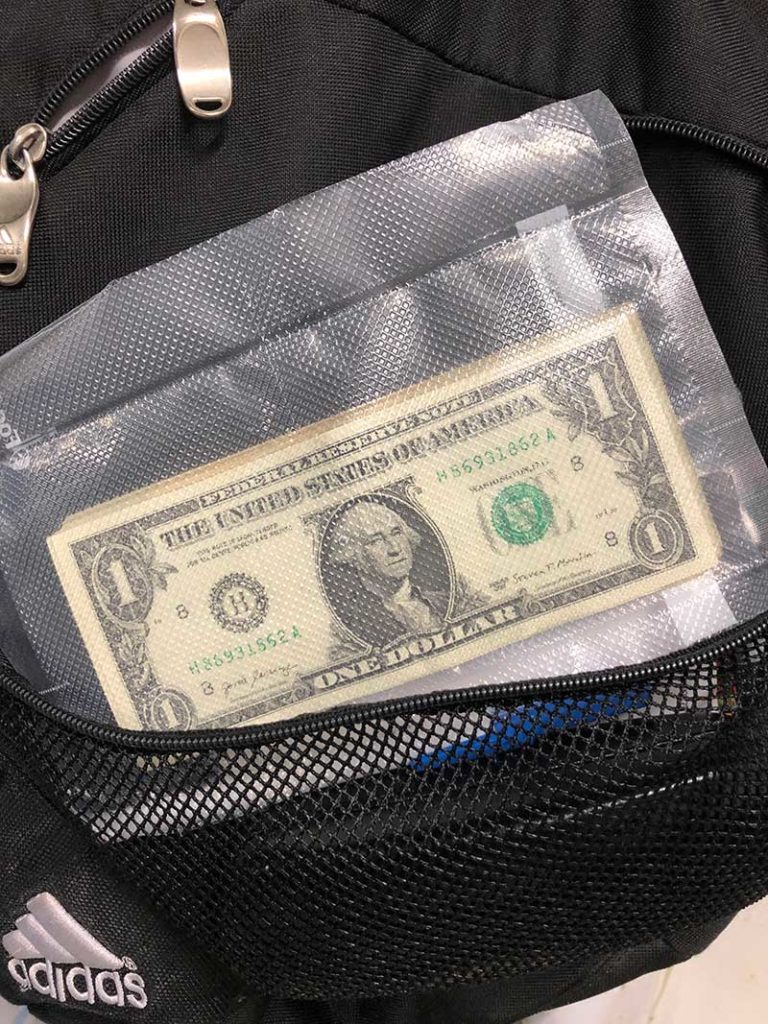
Maintain a minimum of $500.00 in small bills for emergencies. Seal your cash in plastic to protect your bills, and to discourage you from using the currency expect in a true emergency.
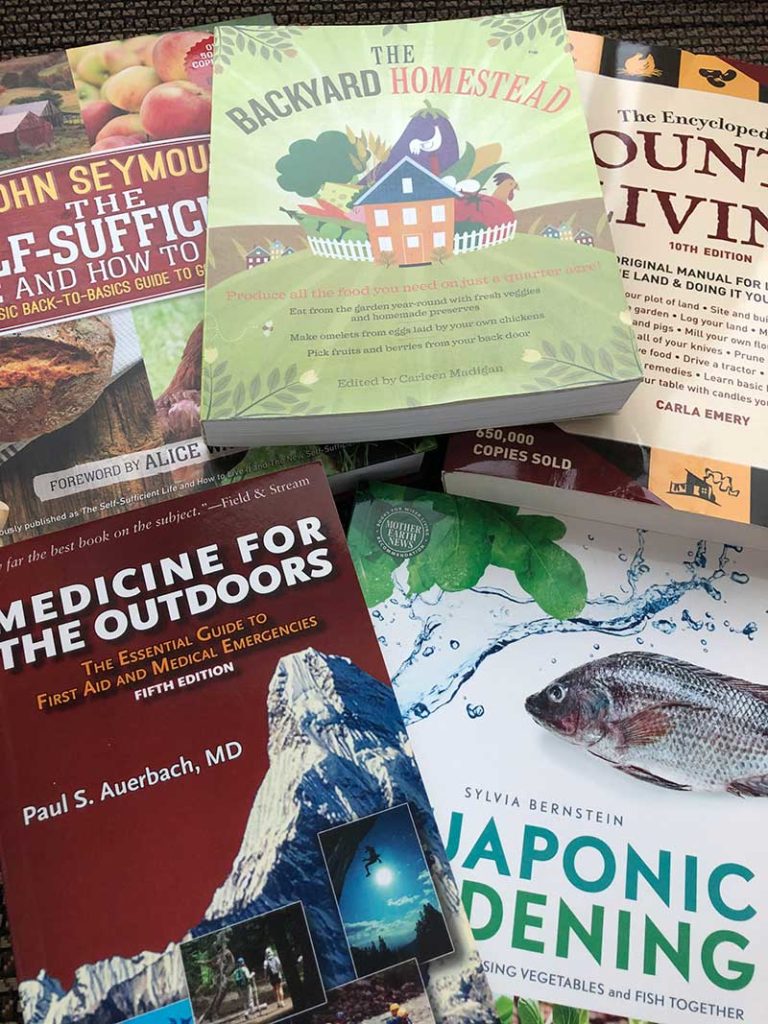
Build your survival library with books and publications. Whenever possible, download your books onto a mobile device.
5: Set Goals: Start a list of your priorities for 2022 and follow that list with action steps for reaching your goals. For example:
Goal• Store more food. Action Step: Budget at least $10.00 each week for extra food purchases. Concentrate on calorie dense foods that store well and are ready to eat right out of the can.
Goal• Store more water. Action Step: Increase your short-term water supplies with store-bought bottled water, and also focus on longer-term water supply by storing in larger containers (55 gallon drums, for example) and also become familiar with, and maintain various ways to filter and disinfect suspect water.
Goal• Build a 1st Aid kit. Make a list of all necessary medical and emergency supplies. Purchase whatever you can afford per month until kit is complete. Research and purchase a guide for what you need to know for medical emergencies when a doctor is unavailable.
Organizing your thoughts, and setting goals helps get you focused and will provide you with concreate steps to follow. Without this level of focus you are likely to get distracted. Identify your goals, write down the action steps, and get started as soon as possible.
CONCLUSION
Preparedness is a lifestyle, and a way for us to take responsibility for ourselves and our family. None of us should be relying on others to carry our burden. Each of us has the ability to be better prepared. Each of us should do the very best we can within our financial means and ability to ensure that we never find ourselves at the mercy of whatever unfortunate event has come our way.
By identifying our needs and staying focused, we give ourselves the best possible chance for survival. Stay safe, and be prepared.
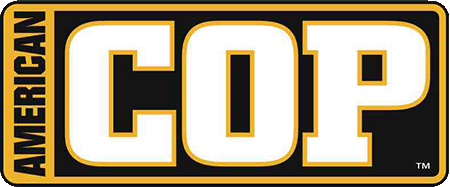

 (No Ratings Yet)
(No Ratings Yet)